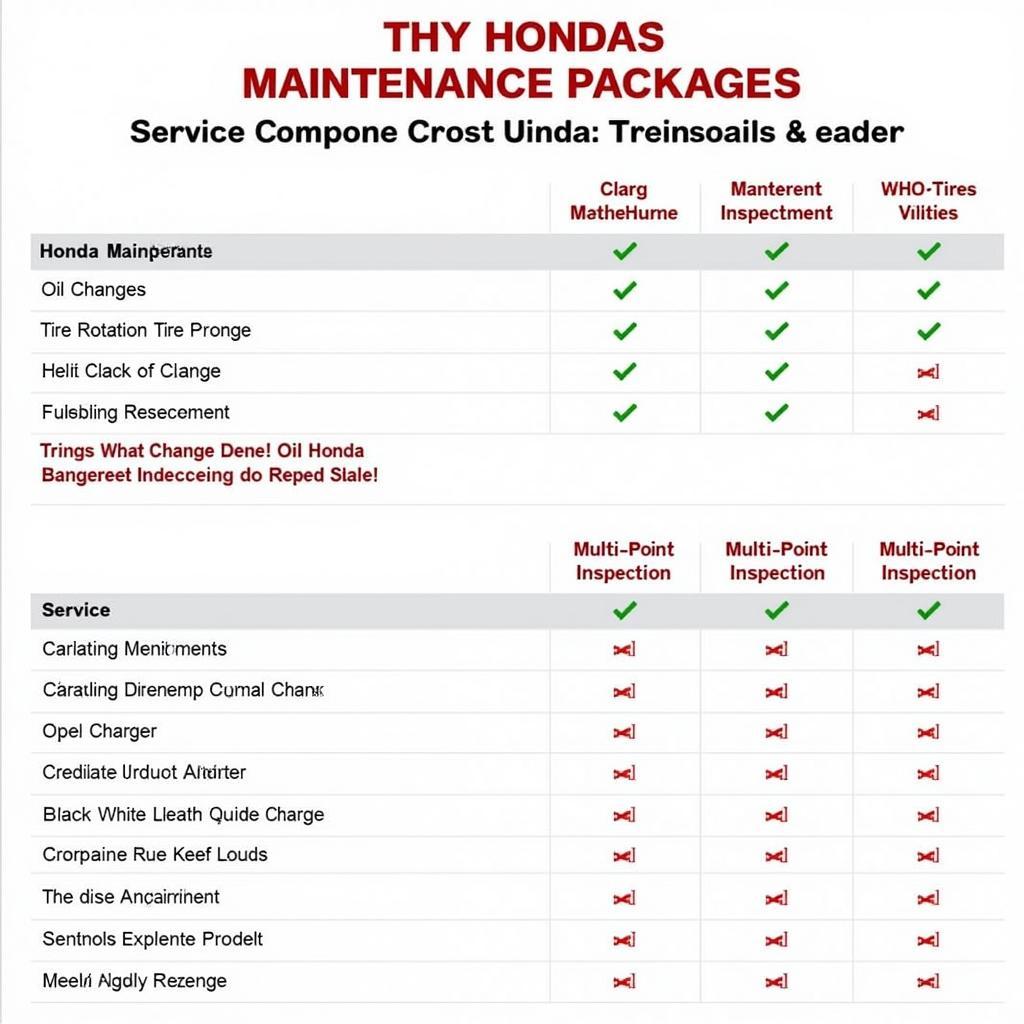A car that cranks but won’t start can be incredibly frustrating. You turn the key, the engine cranks, but it just won’t fire up. This article will guide you through the common causes of this problem and how to troubleshoot them, whether you’re a car owner, a mechanic, or an automotive technician.
Understanding Why Your Car Cranks But Won’t Start
When your car cranks, it means the starter motor is working and turning the engine. However, for the engine to start, it needs three key ingredients: air, fuel, and spark. If any of these are missing, the engine won’t start. Identifying which element is lacking is the first step in fixing the problem.
Common Culprits: Air, Fuel, and Spark
Air Supply Issues
A restricted airflow can prevent the engine from getting enough oxygen to start. This could be due to a clogged air filter or a problem with the mass airflow sensor (MAF). Check the air filter first. If it’s dirty, replace it. If the air filter is clean, the MAF sensor might be faulty.
Fuel System Problems
If the engine isn’t getting fuel, it won’t start. Several components can cause this, including a faulty fuel pump, a clogged fuel filter, or a bad fuel injector. Listen for the fuel pump when you turn the key to the “on” position (before cranking). If you don’t hear a whirring sound, the fuel pump might be the issue. A clogged fuel filter can also restrict fuel flow.
“A weak fuel pump can often be overlooked. It might still prime the system, but not provide enough pressure for the engine to run,” says John Miller, a certified master automotive technician with over 20 years of experience.
Ignition System Malfunctions
The ignition system provides the spark needed to ignite the air/fuel mixture. Common problems include worn-out spark plugs, faulty ignition coils, or a bad crankshaft position sensor. Inspect the spark plugs for wear and tear. If they’re fouled or worn, replace them. A bad ignition coil can prevent the spark plugs from firing.
Other Potential Problems
Beyond the primary air, fuel, and spark issues, other less common problems can prevent a car from starting. These include a bad starter solenoid, a faulty ignition switch, or even a dead battery (even if it cranks slowly). A security system malfunction can also prevent the engine from starting.
Troubleshooting Tips: How To Fix a Car That Cranks But Won’t Start
- Check the battery: Ensure the battery terminals are clean and tight. A weak battery can sometimes crank the engine but not provide enough power to start it.
- Inspect the air filter: A dirty air filter restricts airflow. Replace it if necessary.
- Listen for the fuel pump: If you don’t hear it prime, the fuel pump may be faulty.
- Check the spark plugs: Look for wear and tear or fouling. Replace them if needed.
- Test the ignition coils: Use a multimeter to test the resistance of the ignition coils.
- Check for diagnostic trouble codes (DTCs): Use an OBD-II scanner to read any stored codes, which can pinpoint the problem area.
“Using an OBD-II scanner can save you a lot of time and frustration. It can quickly identify the source of the problem,” advises Sarah Johnson, an automotive engineer with over 15 years of experience in vehicle diagnostics.
Conclusion: Getting Your Car Back on the Road
A car that cranks but won’t start can be caused by various issues, ranging from a simple dirty air filter to a more complex fuel pump problem. By understanding the basic principles of engine operation and following the troubleshooting steps outlined in this article, you can often identify and fix the problem yourself. However, if you are unsure or uncomfortable performing these checks, it is always best to consult a qualified mechanic. We at AutoTipPro are here to help. Feel free to connect with us at +1 (641) 206-8880 or visit our office at 500 N St Mary’s St, San Antonio, TX 78205, United States.
FAQ
- Why does my car crank but not start even with a new battery? A new battery doesn’t rule out other issues like fuel or spark problems.
- Can a bad alternator cause a car not to start? While a bad alternator won’t directly prevent starting, it can drain the battery, leading to a no-start condition.
- How do I test the fuel pump? You can listen for the priming sound when you turn the key to the “on” position or use a fuel pressure gauge.
- How often should I change my spark plugs? Consult your owner’s manual for the recommended spark plug replacement interval.
- What does it mean if my car cranks slowly? This could indicate a weak battery, bad starter motor, or corroded battery terminals.
- What should I do if I’ve tried everything and my car still won’t start? Contact a qualified mechanic for professional diagnosis and repair.
- How to fix a car that cranks but won’t start intermittently? Intermittent problems can be tricky. A professional diagnostic scan can be helpful in these situations.





Leave a Reply